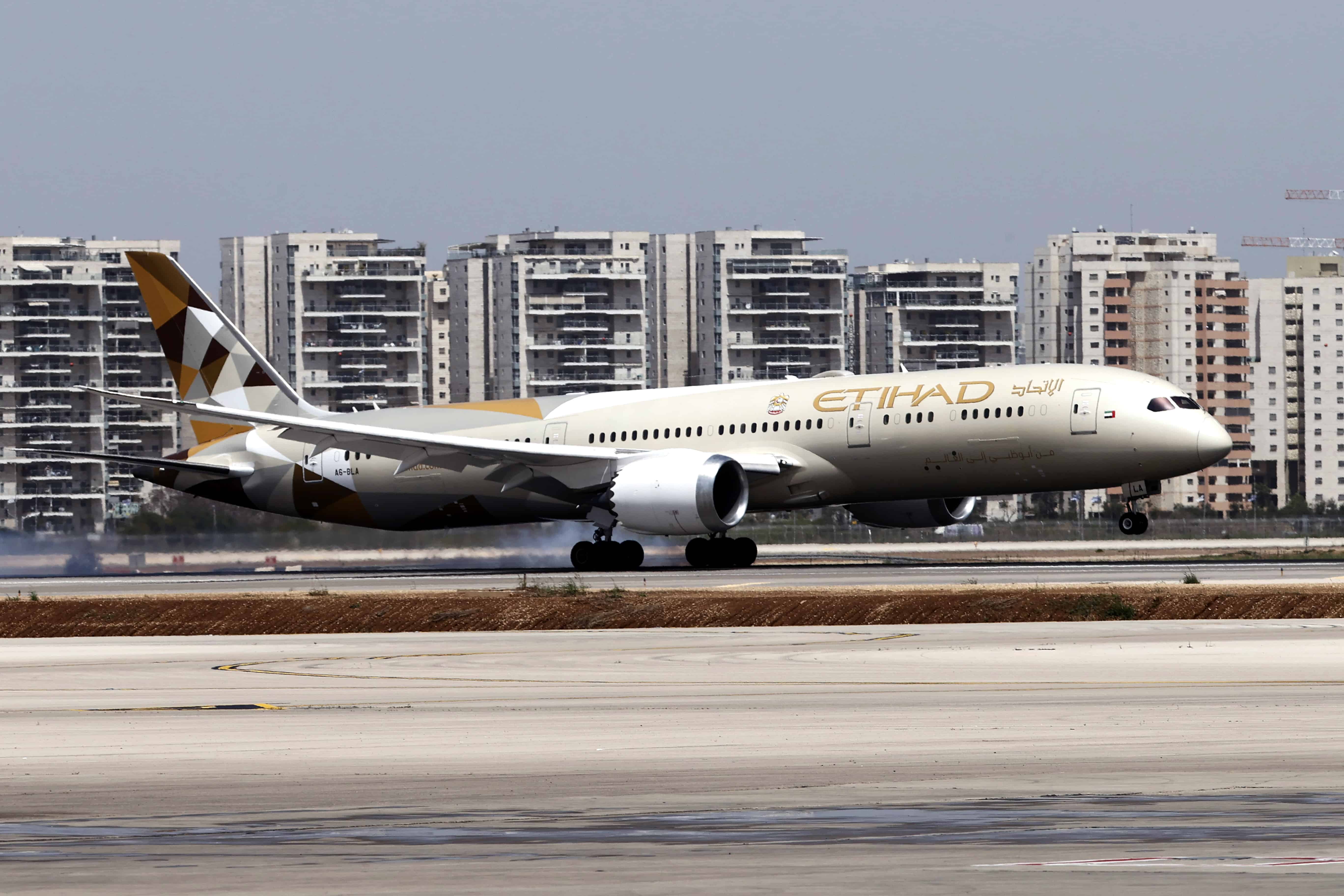Dubai, UAE — The United Arab Emirates (UAE) holds nearly 40 percent of the aircraft fleet in the Arab region, Director-General of the Arab Civil Aviation Organisation (ACAO) Abdennabi Manar said.
Speaking to the Emirates News Agency (WAM) on the sidelines of the ongoing third International Civil Aviation Organisation (ICAO) Conference on Aviation and Alternative Fuels (CAAF/3), Manar said that the UAE’s aviation sector enjoys global confidence regionally and internationally, competing with major airlines in Europe and North America.
Highlighting the resilience and dynamism of the UAE aviation sector in the face of global crises and challenges, Manar noted that during the COVID-19 pandemic, the sector demonstrated crisis management capabilities, swift recovery, and the ability to resume activities rapidly.
Manar anticipated that the UAE aviation sector would continue its upward growth trajectory, aligning with the substantial growth witnessed in the Arab aviation sector.
The ACAO Director-General highlighted the significance of hosting this conference in the UAE, representing the country’s substantial contribution to the global aviation sector.
Manar emphasized that the conference spotlights the civil aviation sector’s efforts to expedite clean fuel production, contributing to reducing carbon dioxide emissions.
He said that the decisions arising from this conference will bring about real change in the future of civil aviation and will be a key and influential focus in global efforts related to the climate neutrality agenda and sustainable development goals.

